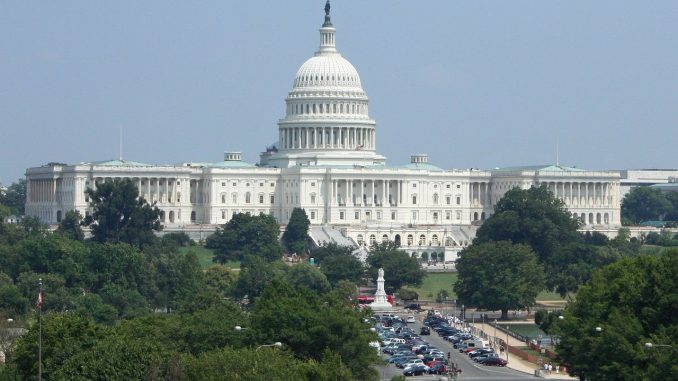
Excessive regulation stifles economic growth and has a disproportionate negative impact on small businesses, say members of the Project 21 black leadership network. To prevent any new and unnecessary hardship due to overregulation, Project 21’s “Blueprint for a Better Deal for Black America” recommends reining in agenda-driven government agencies by requiring “Minority Impact Assessments” that preemptively determine and remedy how new federal regulations might harm minority communities.
“Regulations come at a cost. In the past, the government has imposed regulations while only occasionally assessing the associated costs to the overall economy. We almost never ask if marginalized communities will be impacted,” said Project 21 Co-Chairman Horace Cooper, a former professor of constitutional law and senior counsel to congressional leadership. “It’s time we start asking the Feds to determine whether minorities and working-class citizens will be helped or hurt before proceeding with new regulations.”
Project 21’s Blueprint is a 57-point plan for removing barriers blocking blacks from empowerment and ensuring they have their chance to attain the American dream.
The U.S. Chamber of Commerce estimates that federal regulation costs the U.S. economy up to $1.9 trillion annually in lost productivity and added expenses. It further notes that the cost of regulation is 20% greater for firms with 50 or fewer employees ? the type of businesses most commonly owned by black entrepreneurs.
As for regulatory impact on health and well-being, Professor Ralph L. Keeny noted in the Journal of Risk and Uncertainty : “Regulatory costs are paid by individuals, which leaves them with less disposable income. Since individuals on average use additional income to make their lives safer and healthier, the regulatory costs lead to higher mortality risks and fatalities… Cost-induced fatalities disproportionately burden the poor and minorities, particularly blacks.
“Project 21’s Blueprint also recommends rolling back politically-motivated regulations that threaten public safety, such as the Food and Drug Administration’s regulation of smokeless tobacco products ? which threatens public health by keeping these safer alternatives to cigarettes off the market ? and Corporate Average Fuel Economy (CAFE) standards, which have diminished the safety of automobiles.
“Regulations made without proper care and oversight can destroy jobs, increase energy costs and deny consumers things that they want and even need,” said Project 21 member Derrick Hollie, the president of Reaching America. “While government seeks to ensure development doesn’t harm the environment, they should be at least as careful in making sure their own rules don’t harm our economy ? particularly poor and minority communities relying on any opportunity they can get.”

